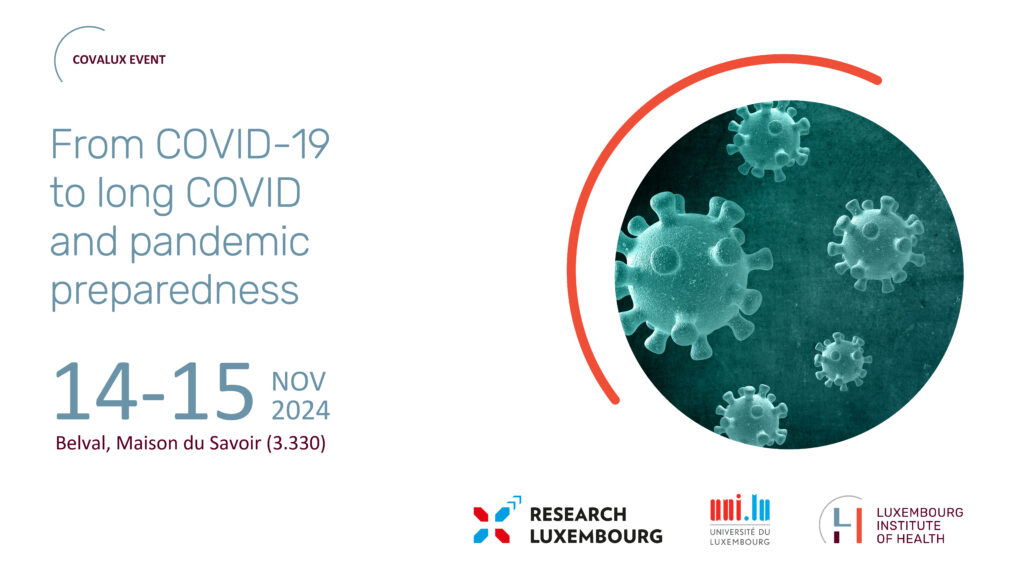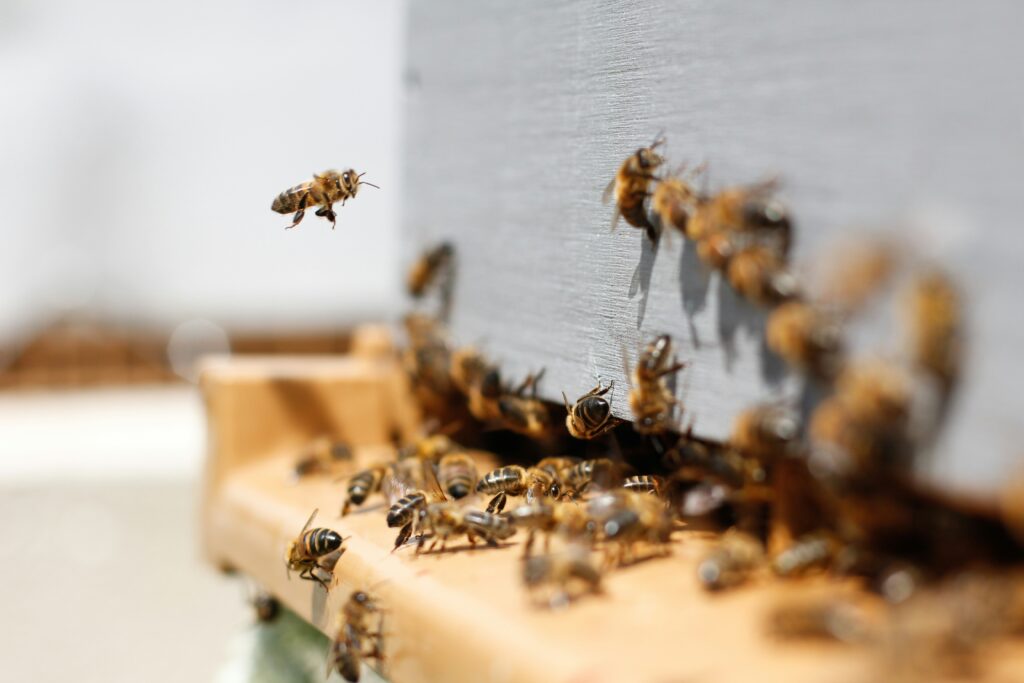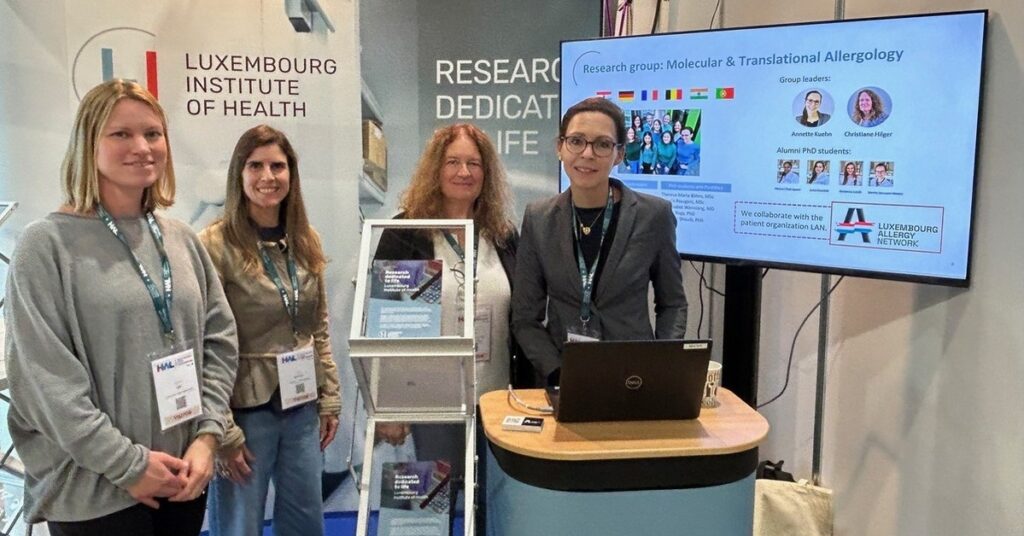- Forschungsspektrum
- Translationale Forschung
- Transversale Translationale Medizin (TTM)
- Operationszentrum für Translationale Medizin (TMOH)
- Büro für Klinisches Projektmanagement (CPMO)
- Zentrum für Klinische und Epidemiologische Untersuchungen (CIEC)
- Luxemburger Zentrum für Klinische und Translationale Forschung (LCTR)
- Integrierte Biobank von Luxemburg (IBBL)
- Disease Modeling & Screening Platform (DMSP)
- Luxgen Genom Zentrum
- Plattform für Forschungspathologie (RPP)
- Forschungsprojekte und klinische Studien
- Unterstützen Sie uns
- Translationale Forschung
News
Second FNR COVID-19 Fast Track Call results
Bitte beachten Sie, dass dieser Artikel derzeit nur auf Englisch verfügbar ist. Eine Übersetzung ins Deutsche wird in Kürze verfügbar sein.
05 Juni 2020
5minuten

Four additional LIH projects retained for funding
On Friday, May 29th, the Luxembourg National Research Fund (Fonds National de la Recherche – FNR) announced the results of the second round of financing under its novel COVID-19 Fast Track Call. A total of 21 out of the 55 eligible projects were retained for funding, corresponding to an FNR commitment of EUR 1.12 million. Namely, four LIH projects are among the selected ones, for a total support amounting to over EUR 197,000.
On April 3rd, the FNR launched the special FNR COVID-19 funding programme in the framework of one of the Research Luxembourg Task Force work packages, related to the implementation of new initiatives in the current pandemic context. The COVID-19 Fast Track Call aims to (co-)support short-term research projects on COVID-19, or the starting phase of longer-term ones, in order to accelerate the understanding and treatment of the disease, as well as addressing the legal, socio-economic and infrastructural aspects associated with the pandemic. Following the second deadline of the call on May 11th, 21 projects were shortlisted for funding across various categories – and specifically six under Biomedical and Life Sciences, seven under ICT, three under Humanities and Social Sciences, three under Law and Economics, one under Mathematics and one under Sustainable resources.
Namely, four LIH projects from the Department of Infection and Immunity (DII), the Department of Oncology (DONC) and the Quantitative Biology Unit (QBU) will benefit from the financial support of the FNR under this call. These will investigate multiple aspects of the COVID-19 infection, from serological profiling and PCR testing, to novel antiviral therapies and vaccines.
“COMPARE” (Comparing The Technical Performances Of Three Real-time Pcrs To Counteract The Covid-19 Outbreak In Luxembourg), led by Dr Carole Devaux of the DII as part of the Research Luxembourg COVID-19 Taskforce Work Package “Diagnostic capacity and large-scale testing strategies for Luxembourg”, will focus on the assessment of PCR assays to detect the presence of the SARS-CoV-2 virus. Specifically, Dr Devaux and her team will evaluate and compare three real-time PCR techniques established in Luxembourg in terms of sensitivity, specificity, accuracy, and precision; assess RNA extraction and RT-PCRs for alternative sample types in diagnostic and research settings; and develop and validate an assay without RNA extraction to test large cohorts of patients, in the context of ongoing studies such as CON-VINCE and Predi-COVID. The results of “COMPARE” will provide evidence to the national public health authorities on whether the diagnostic tests used in the country provide similar technical performances and comparable results, and whether alternative large scale testing strategies could be envisaged. The project was funded with EUR 78,800 under the FNR call.
While SARS-CoV-2 can infect anyone regardless of age, the elderly population is particularly at risk of a fatal outcome due to a declining immune function. To address this specific challenge, vaccines that specifically protect not only younger people but also the elderly are urgently needed. Prof Markus Ollert, Director of the Department of Infection and Immunity, will lead “RD-Vac” (Rapid Development and Initial Preclinical Evaluation of an Effective Candidate Vaccine against SARS-CoV-2). The project aims to develop a vaccine against SARS-CoV-2 based on the expression of recombinant SARS-CoV-2 antigenic variants in a novel trimeric form, combining antigen delivery with CpG oligodinucleotides, an FDA-approved vaccine adjuvant known to trigger strong immune responses in both the young and the elderly. Prof Ollert’s team seeks to deliver an optimised antigen vaccine candidate after six months, already pre-clinically evaluated for robust induction of virus-neutralising immunity in mice. The project received EUR 50,000 in funding through the call.
The project “CIAO-COVID-19” (Comparative Antiviral Efficacy Of Different Autophagy Inhibitors Against Covid-19), led by Dr Muhammad Zaeem Noman of the Tumour Microenvironment (TIME) group of the DONC, aims to look at the process of autophagy – and specifically virophagy – as a novel antiviral target. Virophagy is an autophagic process used by mammalian cells to destroy viruses, but is often hijacked by coronaviruses to escape destruction, increase replication and release from infected cells. Dr Noman and his team will investigate the impact of different druggable steps of autophagy on the entry of the SARS-CoV-2 virus into human airway epithelial cells. In addition, they will compare the antiviral efficacy of different potent, selective and specific autophagy inhibitors against COVID-19 infection in vitro, ultimately providing valuable insight into the control and treatment of the disease. The study has been granted EUR 45,000 under the FNR call..
Finally, Dr Joseph Longworth from QBU received EUR 23,500 from the FNR for the project “Coronavirus Antigen Array For Parallelized Serological Profiling”, focusing on the identification of the different viral antigens recognised by antibodies against SARS-CoV-2 to improve the understanding of the immune system’s response to the infection. Namely, Dr Longworth and his team will develop a new antigen array allowing a parallelised approach covering the SARS-CoV-2 virus as well as other coronavirus variants. Specifically, they will characterise antibody responses to SARS-CoV-2, providing a detailed map of the viral proteins recognised by the antibodies, the prevalence of various antibody types against each antigen, as well as the amounts of each antibody type. This stratification will provide insights into the different disease progressions and outcomes observed.
“We are again very grateful to the FNR for supporting our researchers in their relentless fight against COVID-19 in Luxembourg”, states Prof Ulf Nehrbass, LIH CEO. “The funded projects are expected to provide significant insights into the diagnostic, treatment and immunity aspects of the disease”, he concludes.
MORE INFORMATION
For the latest news about COVID-19, visit coronavirus.lih.lu and the COVID-19 platform






